China’s trade tussle with Australia: Here’s what’s going on
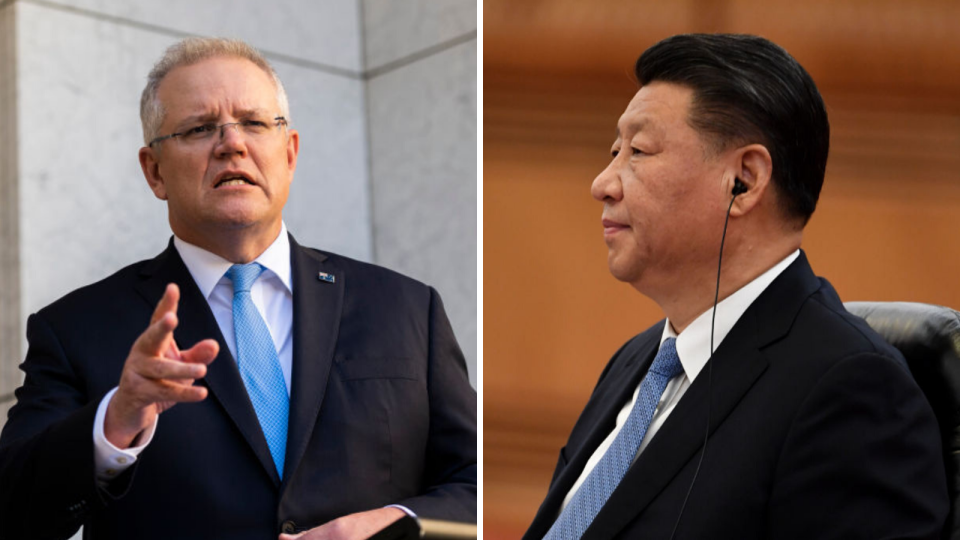
China’s been making headlines all year thanks to the coronavirus pandemic, which first broke out from Hubei province’s Wuhan city, and for how the country initially attempted to smother the outbreak of the virus.
Exactly a month ago, Australia’s Foreign Minister Marise Payne made a push for an independent inquiry into how China handled the outbreak, drawing ire from Chinese officials, who called the move “political manoeuvring”.
Since then, tensions between Australia and China have progressively worsened. China has made trade decisions that punish Australia in a way that has commentators speculating they are made in retaliation to the Covid-19 inquiry.
Also read: ‘Huge’: Alarming detail in fresh China data spooks experts
Also read: Australian universities face a ‘catastrophic China problem’
Here’s a timeline of what’s happened so far, and what it all means for Australia.
19 April: Foreign Affairs Minister Marise Payne calls for an inquiry.
Payne said on ABC Insiders it was “fundamental” to determine an “independent review mechanism to examine the development of this epidemic”.
The inquiry should find out about “the genesis of the virus, about the approaches to dealing with it, and addressing it, about the openness with which information was shared, about interaction with the World Health Organisation, interaction with other international leaders”.
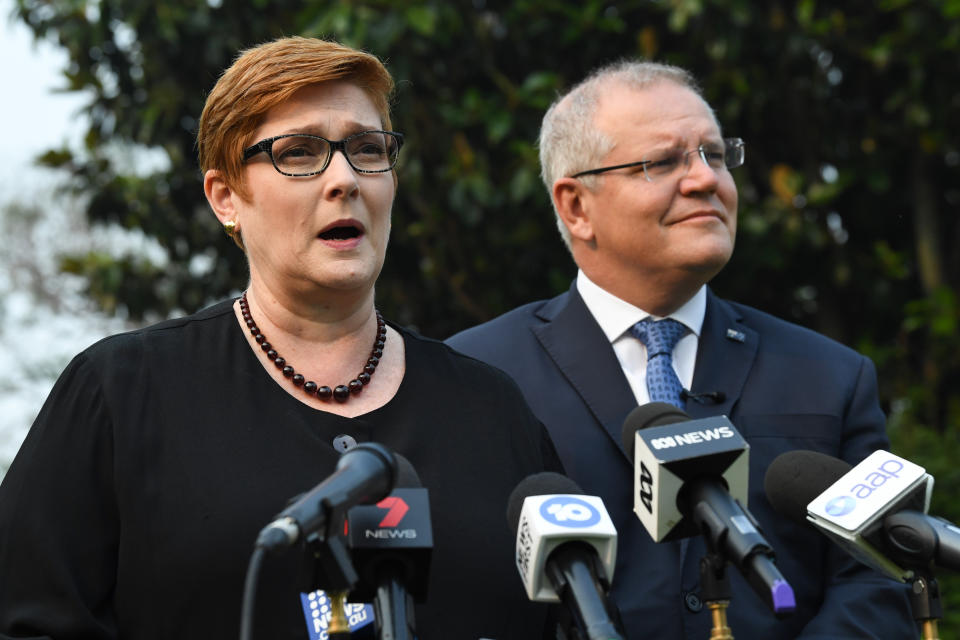
Payne’s initial intention was for the independent probe, which was also backed by Labor, to be conducted outside of the World Health Organisation. The WHO has received criticism claiming it has been heavily influenced by China.
“[To have the WHO conduct the inquiry] strikes me as somewhat poacher and gamekeeper,” Payne said.
26 April: Chinese Foreign Ministry labels probe ‘politically motivated suspicion’.
Chinese Foreign Ministry spokesman Geng Shuang attacked Australia’s Covid-19 inquiry as “highly irresponsible”.
"Currently, with the pandemic still spreading across the world, the most pressing task is to put people's life and health first and work together to defeat the virus," Chinese Foreign Ministry spokesman Geng Shuang said.
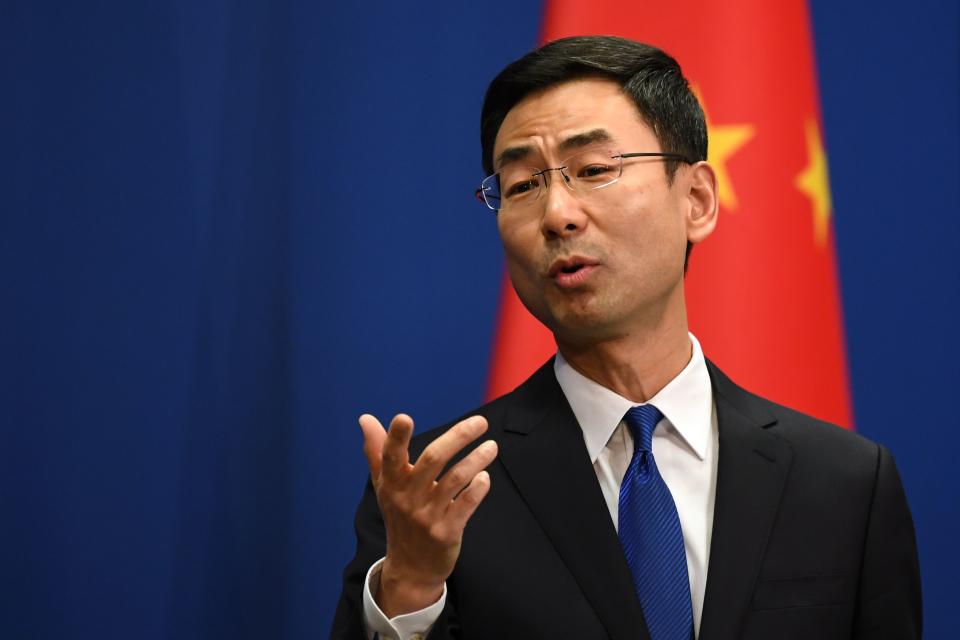
"At such a critical juncture, it is highly irresponsible to resort to politically motivated suspicion and accusation.”
Australia should “put aside ideological bias and political games” and “contribute to the global cooperation in fighting the virus, instead of doing things to the contrary,” he added.
Around 27 April, Chinese ambassador to Australia Cheng Jingye called the inquiry “dangerous” and warned it could cause Chinese consumers to boycott tourism and international students to Australia as well as popular products like wine and beef.
10 May: China threatens to impose an 80 per cent tariff on Australian barley imports.
Australia exports between $1.5 billion to $2 billion worth of barley a year to China, and is Australia’s top three agricultural exports to China. Barley is a grain commonly used in breads, soups, stews but is largely grown as animal fodder and as a malt source in alcohol like beer.
The tariff proposal comes after an 18-month investigation by China into Australian barley ‘dumping’. Dumping is a process where a product is sold at a lower price overseas than at home in an effort to undercut local businesses. China’s Ministry of Commerce believed Australian barley had been imported against trade rules, and that its domestic industry has suffered “substantial damage”.
The next day, Prime Minister Scott Morrison said he did not believe it was the case that the proposed tariff might be connected to the Covid-19 inquiry. “They certainly haven’t raised it as connected to other issues. I would be extremely disappointed if it was,” the prime minister told reporters in Canberra.
It was later revealed that China had been rejecting calls from senior Australian ministers in relation to the proposed barley tariffs.
12 May: China suspends beef imports on Australian beef, blacklisting four Australian abattoirs.
The four meatworks represent more than a third of beef exports to China and were set to make $3.5 billion this year, according to an analyst speaking to ABC.
But Trade Minister Simon Birmingham said the suspensions were due to “highly technical issues” stretching back more than a year and was a separate issue to the investigation into the Covid-19 outbreak.
However, international economic lawyer Weihuan Zhou said his suspicions that the beef ban was related to the Covid-19 inquiry were confirmed.
17 May: 62 countries back joint push for the inquiry.
A draft motion calling for an independent inquiry, jointly drafted by Australia and the European Union, gained the support of countries such as the UK, Russia, South Africa, Turkey, Indonesia, South Korea and Japan.
This came ahead of a crucial World Health Assembly (WHA) meeting held on Monday in Geneva.
18 May: China goes ahead with the 80 per cent barley tariffs, which has ‘deeply concerned’ the National Farmers’ Federation (NFF).
“The new tariffs will significantly curtail and, most likely stop, exports of Australian barley to China by artificially increasing the price, until the situation can be resolved,” said NFF CEO Tony Mahar.
Agricultural Minister David Littleproud said Australia will probably appeal to the World Trade Organisation to reverse the tariff and denies that there is any trade war going on.
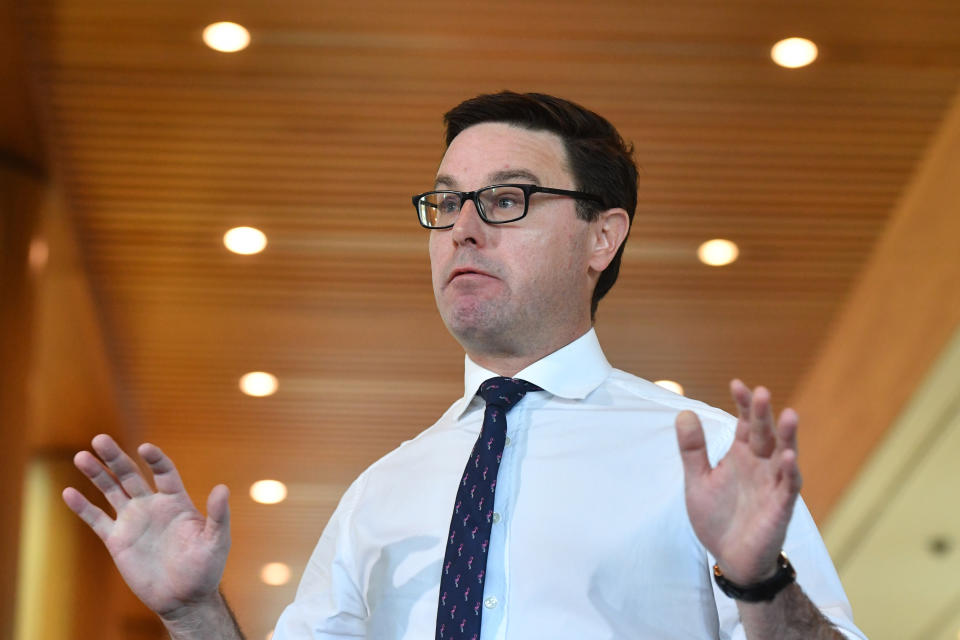
In the meantime, Australia will be looking at other markets to export barley, such as India, Saudi Arabia and Kuwait, he said.
“There is no trade war. Everyone needs to take a deep breath, take a cold shower and understand that we produce the best food and fibre in the world and we have marketplaces that we’ll be able to send our barley and other produce into other markets if our producers wish to do so.”
19 May: More than 120 countries have co-sponsored the motion calling for a Covid-19 inquiry.
Even China joined in on backing a “comprehensive review” of the pandemic after the virus has been brought under control.
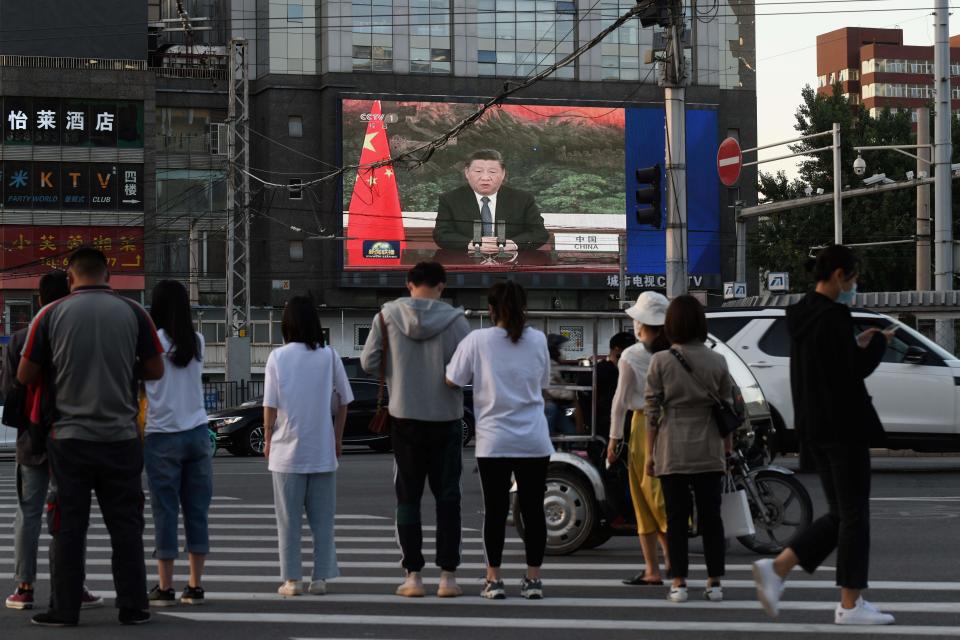
This means the motion is set to pass, since a motion only needs two-thirds of WHA member states to go ahead, but Australia is working to get a unanimous vote.
US President Donald Trump appeared to show backing for the inquiry in a tweet.
We are with them! https://t.co/H7DRHXPJYb
— Donald J. Trump (@realDonaldTrump) May 18, 2020
What does all of this mean for Australia?
BetaShares chief economist David Bassanese told Yahoo Finance that China’s “squabbles” over beef and barley were designed to remind Australia of its importance as a trading partner.
“That said, I don’t think China really wants to escalate trade tensions too far, especially as Australia – along with much of the rest of the world – now appears more willing to stand up to such bullying tactics. We’re essentially looking to call China’s bluff,” he said.
China is a member of the World Trade Organisation, which means it can’t impose trade restrictions without good legal reasons, Bassanese said.
“Simply displeasure at some of our political actions is not one of them.”
AMP Capital chief economist Shane Oliver also added that these issues tend to flare up before cooling back down again.
Will this trade spat impact Australian prices?
No – not unless the trade tensions escalate, said Oliver.
“At present there is no real impact on the Australian consumer.
“It would only be an issue if Australia responded with tit for tat tariffs on, say, Chinese consumer goods imports (which may mean higher prices for the affected goods) or if China stopped buying many more Australian goods like, say, iron ore and coal which would affect the Australian economy and jobs.”
If Australia retaliates with tariffs on imported goods from China, then we might see prices for domestic goods go up, Oliver said.
“But so far there is no sign of this and if it does occur it would likely be limited to some items and probably not those that Australians buy directly.”
But according to independent economist Stephen Koukoulas, Australia’s economy will be worse off from China’s trade restrictions.
“At a time we are already in a deep recession, this will limit the recovery and in the process reduce the jobs rebound we are all hoping to see in the months ahead,” he told Yahoo Finance.
What does this mean for share market investors?
The trade tensions will add volatility into the market.
“The share market may be affected if the trade dispute escalates as it might mean weaker economic growth,” Oliver told Yahoo Finance.
Bassanese said the equity market looks “likely to struggle” – and even hit low points again – despite the lifting of coronavirus restrictions.
“Indeed, the outlook for economic growth and corporate earnings remains subdued, and our equity market is also vulnerable to any renewed weakness on Wall Street.
“In this regard, it’s concerning that the virus is still not under control in the United States, and moves to re-open parts of its economy are leading to heightened concern of a second wave of cases.”
Follow Yahoo Finance Australia on Facebook, Twitter, Instagram and LinkedIn.

 Yahoo Finance
Yahoo Finance 

